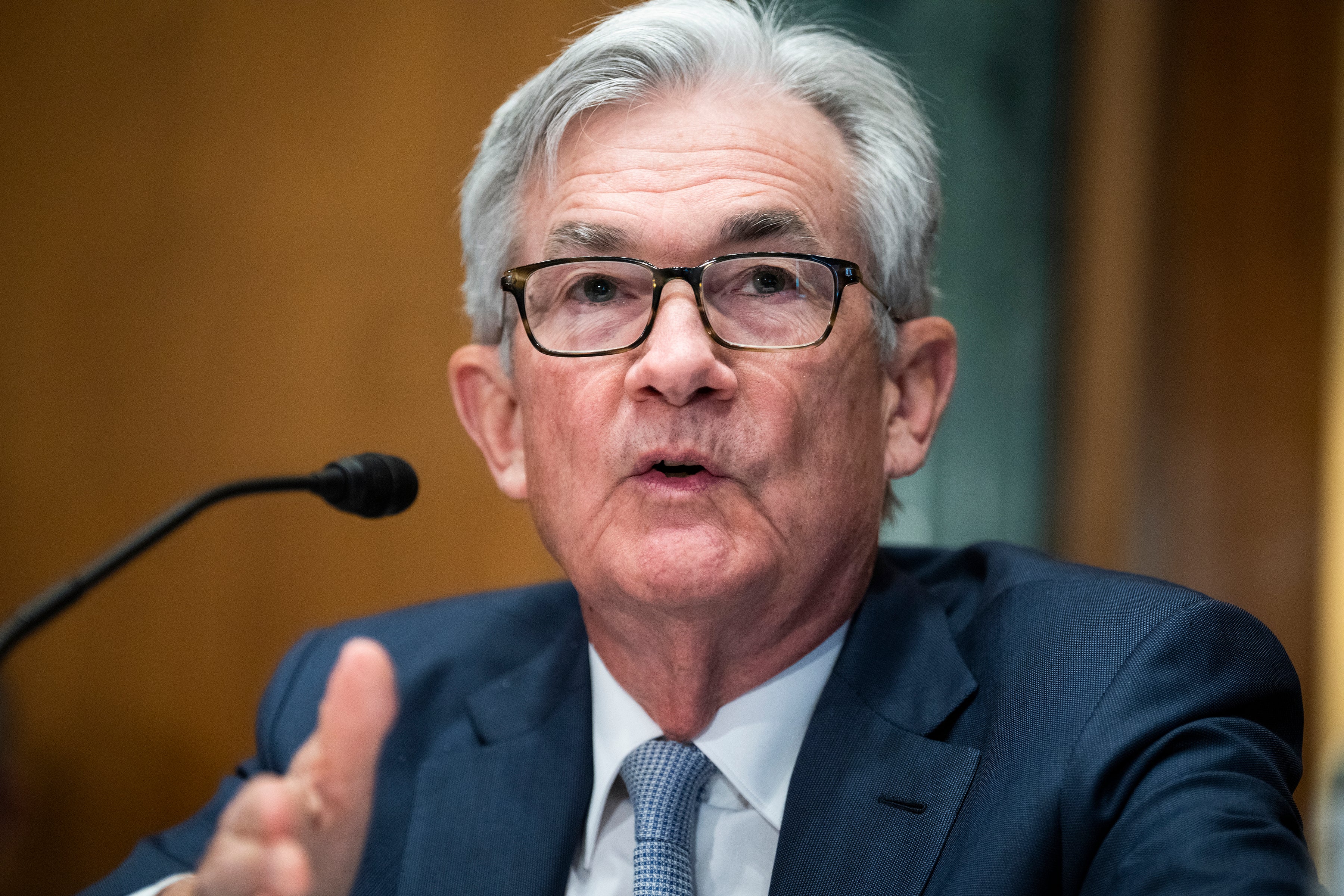Federal Reserve raises interest rates for first time since 2018
Increase is meant to stabilise prices amid record inflation brought on by the Covid-19 pandemic and Russia’s invasion of Ukraine

The Federal Reserve has voted to raise the interest rate banks charge each other for overnight loans by a quarter of a percentage point, the first such increase in four years. The move is part of the US government’s efforts to tamp down inflation, which has driven up prices on everything from groceries to household goods.
In a statement on Wednesday, the Open Markets Committee said the increase was meant to stabilise prices amid record inflation brought on by the Covid-19 pandemic and Russia’s invasion of Ukraine.
“The invasion of Ukraine by Russia is causing tremendous human and economic hardship. The implications for the US economy are highly uncertain, but in the near term the invasion and related events are likely to create additional upward pressure on inflation and weigh on economic activity,” the committee said.
Speaking at a press conference late Wednesday, Federal Reserve Chairman Jerome Powell said the “appropriate firming in the stance of monetary policy” would help inflation return to a projected two percent per year, with the committee projecting a rise of 4.3 per cent this year, 2.7 per cent in 2023, and a further drop to 2.3 per cent in 2024.
“The Fed’s monetary policy actions have been guided by our mandate to promote promote maximum employment and stable prices for the American people,” Mr Powell said. “Our policy has been adapting to the evolving economic environment and it will continue to do so”.
Mr Powell added that the probability of the US entering a recession “is not particularly elevated”.
“Aggregate demand is currently strong and most forecasters expect it to remain so ...the labor market is also very strong ... job growth is continuing at very high levels, household and business balance sheets are strong,” he said. “And so all signs are that this is a strong economy, indeed, one that will be able to flourish ... in the face of less accommodative monetary policy”.
Join our commenting forum
Join thought-provoking conversations, follow other Independent readers and see their replies
Comments
Bookmark popover
Removed from bookmarks